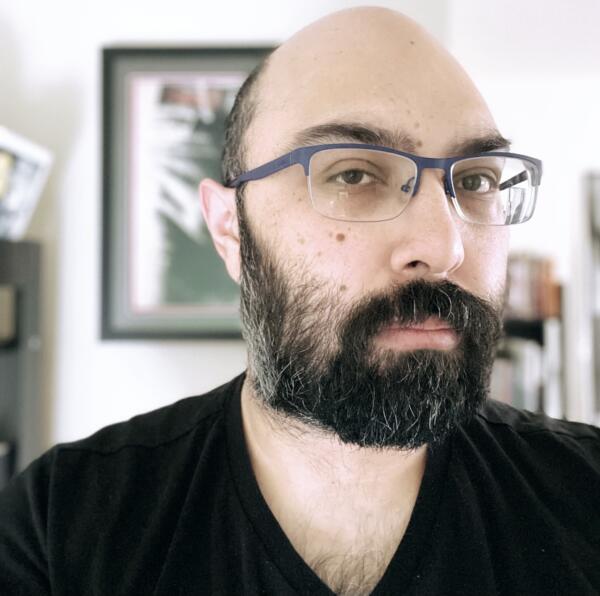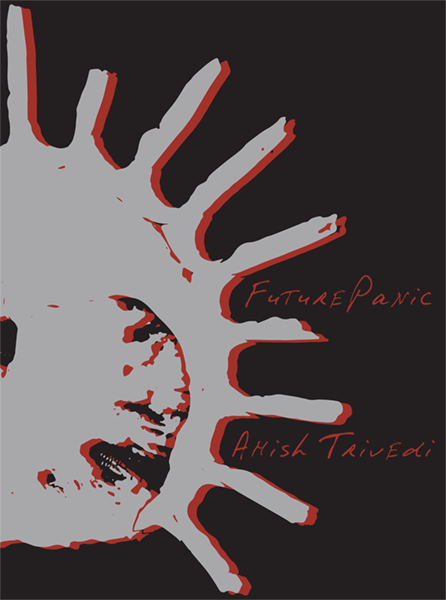(Now available from co•im•press)
At night we lay dying, imagining
all the panics of death: breath
slowing, stopping; arms
falling slack, cold. This panic floods
continually, the delta
of an avulsing river that drowns every town
in its path. Whatever river persists
flows not for itself but to grow
new life in the flood. And at night
we imagine the world as it is: without
us; something which sustains
for the next permutation. There is a future
that is not for me and a present
that goes right up to it.
The ways in which death
becomes idealized. The end of pain.
The end of suffering. The sweetness
of an afterlife or of nothingness
or of peace or of home or of
safety or of or of being reunited
or of renunciation or of. The end of
time. The end or of time. The end of
or diaspora of time. The diaspora
or colonization of or by time.
00000And at night we lay dying, the real
beyond fantasy constructed. I escape
into dreams of an ideal life extant
without the parallax of day
to obfuscate. A perfect version of being
that is only limited by what we fail
to imagine. There are no ethics
in a fantasy space, no constructions beyond
the structures which
we can’t see around.
000000The initial utterances of a sonnet—
00000000000the first syllable as it cuts.
I see where we are—us
as we are. I see us in an idealized version
of the world which can never express
its own reality. Fantasy bleeds through
the membrane of sleep but only
when a moment reaches its threshold
and I can’t escape my own
artifice of escape.
My secret is that I know
I would not say no. I rub the blade
across my lips because I know I
would not say no. The abyss seduces,
terror desire unfulfilled. Sometimes
you have to stand in the center
of the flood so no one else
drowns.
So at night, we envision a death
of the present stream and flood it
with a new, ideal river, a fantasy constructed
of remnant threads. Old wounds are cauterized—
they heal in the realm of the fantasy, all destructions
sealed into the mise en scène
of a life that only exists
in the liminality of sleep.

